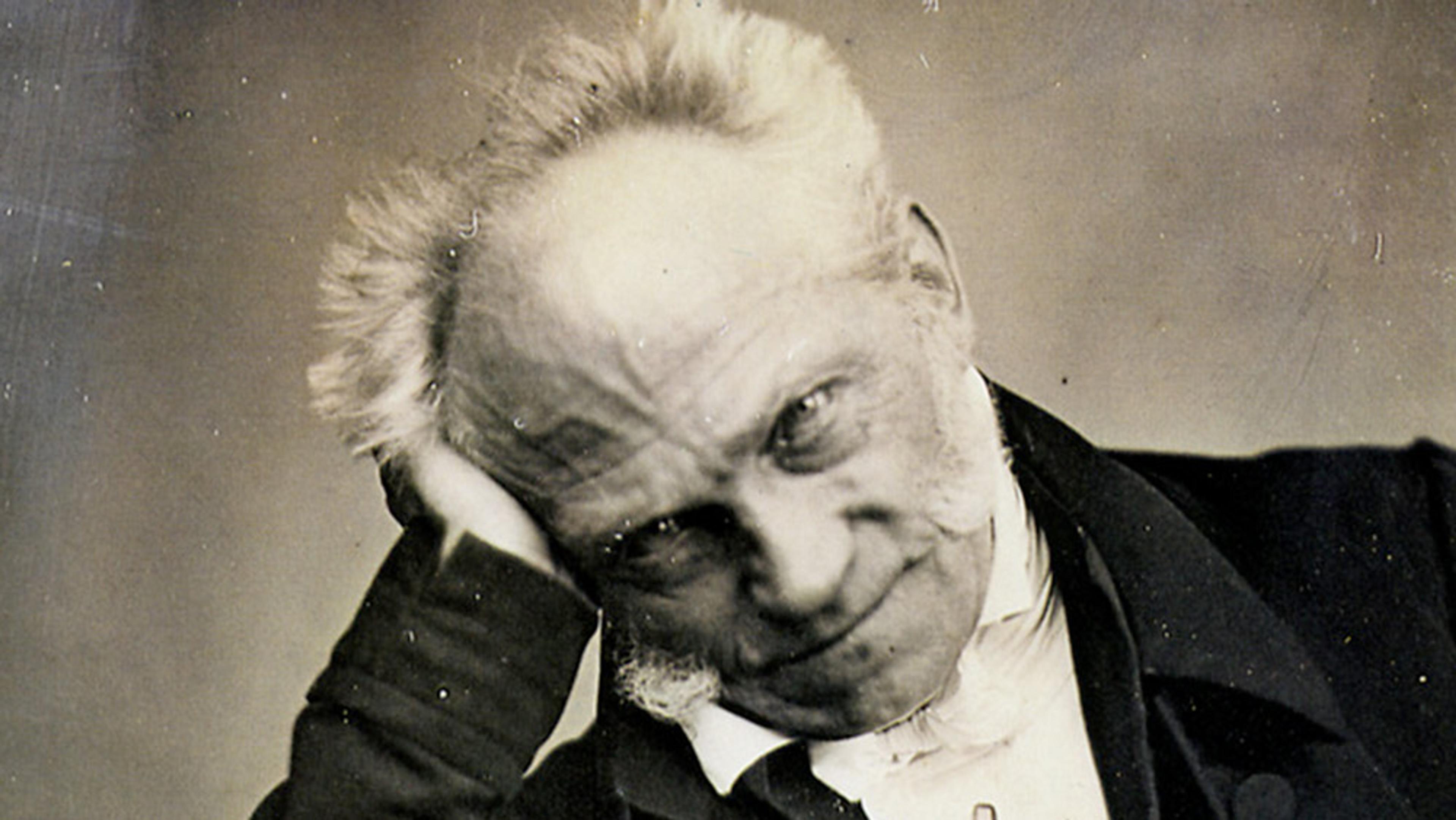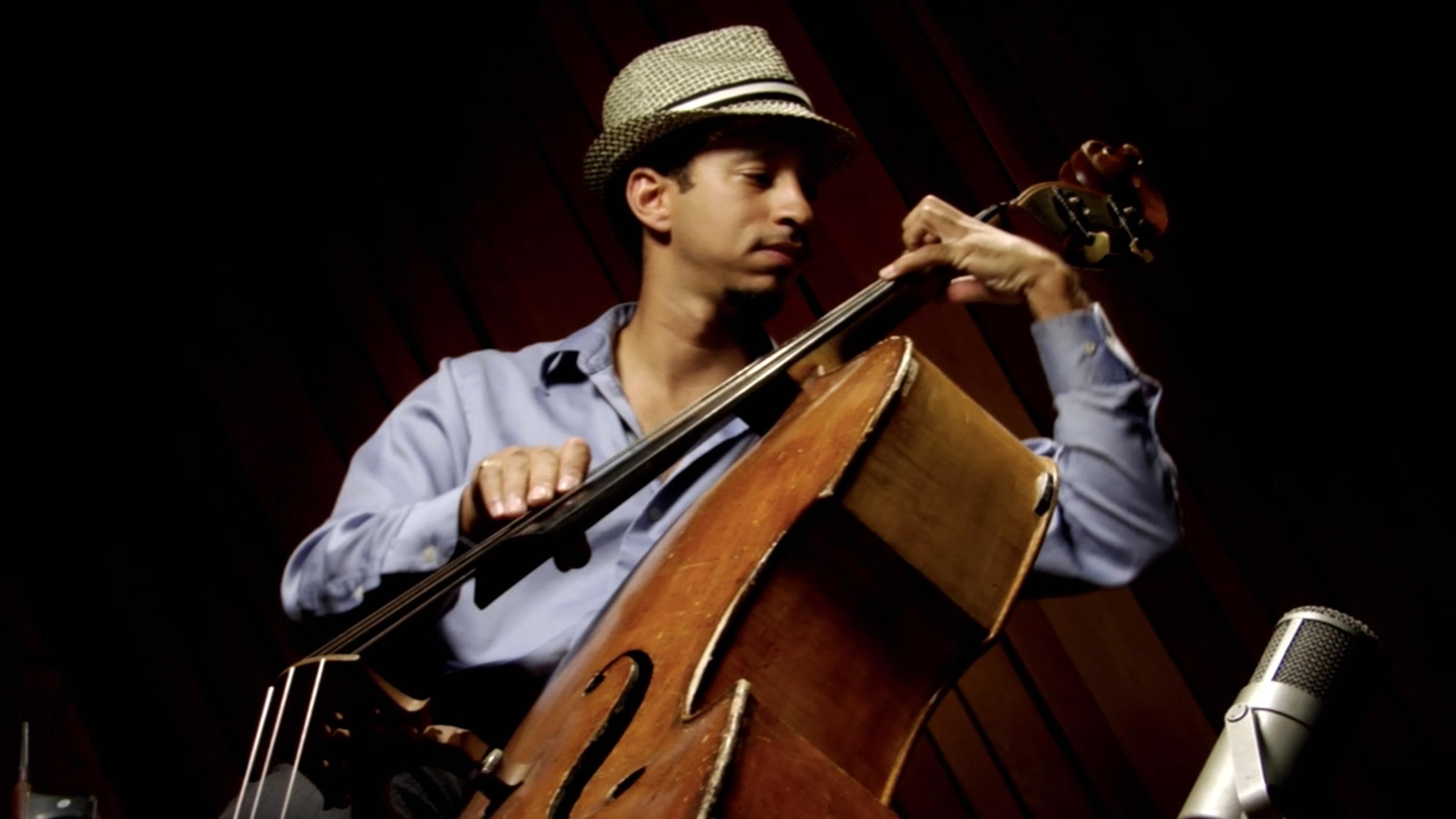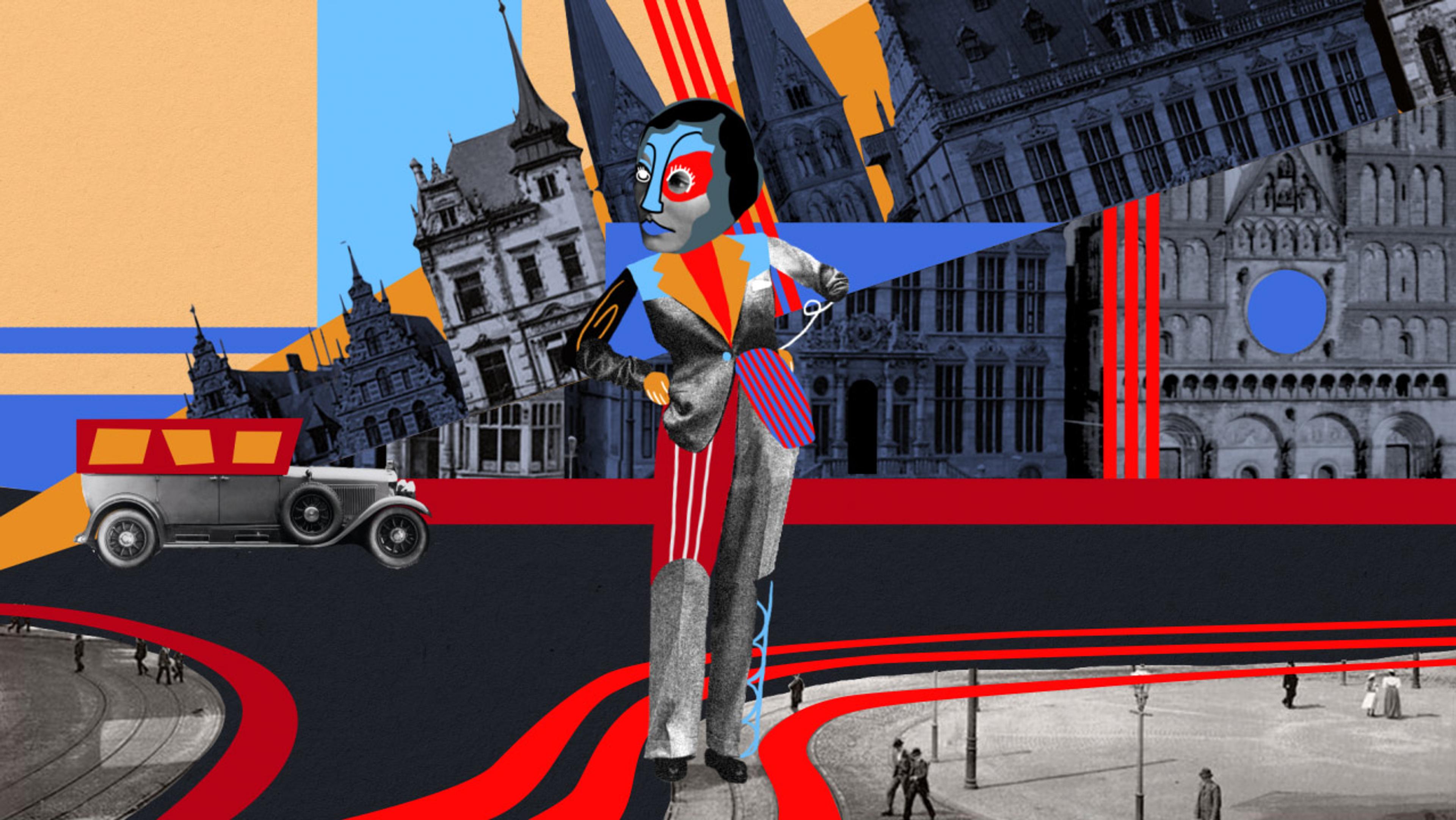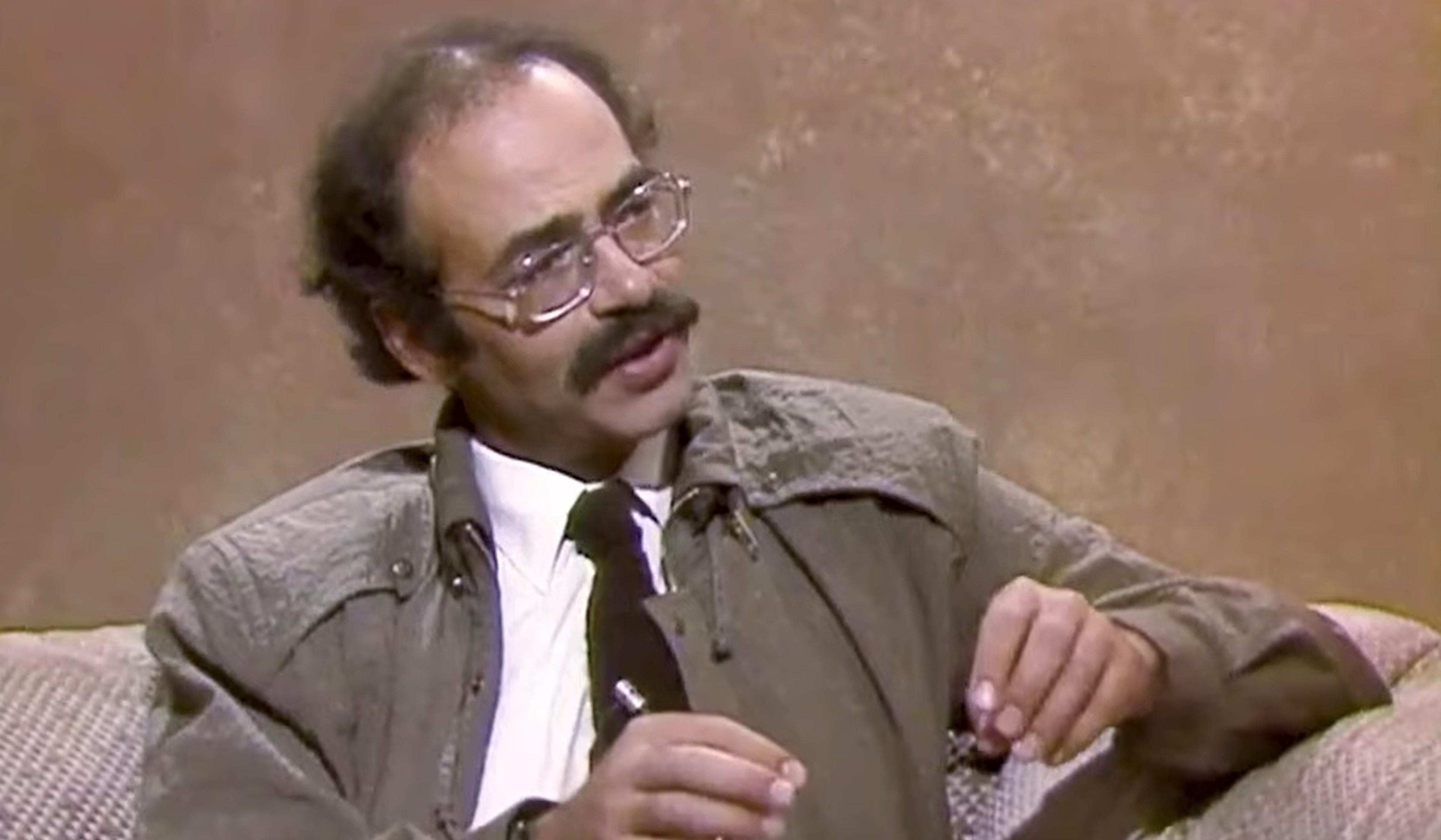‘When others understand the same way that I have, that gives me satisfaction, like a sense of being at home.’
Hannah Arendt is most famous for her landmark book Eichmann in Jerusalem: A Report on the Banality of Evil (1963), which chronicles the notorious Nazi official Adolf Eichmann’s war crimes trial in 1961. Conducted at the height of her influence, Arendt’s unusually candid interview with the German journalist Günter Gaus in 1964 is a revealing window on to her biography, process and worldview. The sprawling conversation covers topics including her youth as a German Jew amid the Nazi Party’s rise; why she eschewed the label ‘philosopher’ in favour of ‘political theorist’; and how her work was driven by a need to understand rather than a desire to make an impact. The discussion provides an appropriately complex portrait of the famed thinker, placing her rigorous intellectual work in the context of her life and times.








